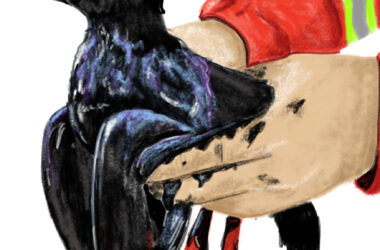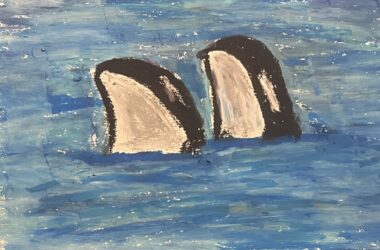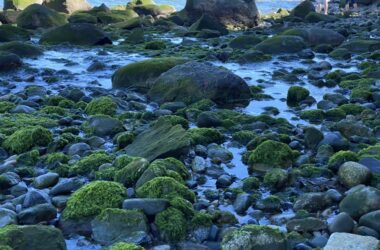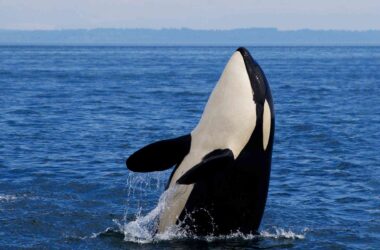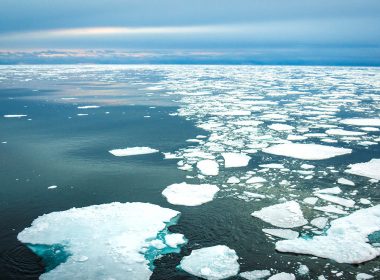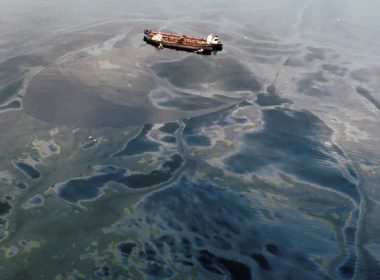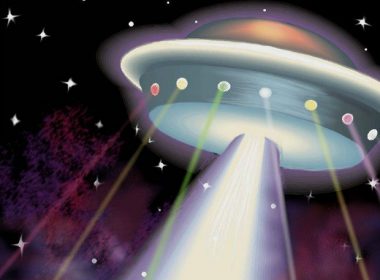The effects of climate change are increasingly visible around the world, but nowhere are these impacts more observable than in the Arctic. The region’s temperature is rising at over two times the global average—a phenomenon that has devastating impacts on natural ecosystems. As the ice melts, it destroys natural habitats,[Read More…]
Tag: arctic
Frozen zero-cement backfill may cement a carbon-free future
In 2022, cement production accounted for eight per cent of the world’s total carbon emissions, releasing 1.6 billion tonnes of carbon dioxide into the atmosphere. As climate change worsens, reducing carbon emissions becomes more necessary than ever. As such, many researchers are seeking alternative methods to produce cement-like materials without[Read More…]
From the Arctic to freshwater lakes: Diving into aquatic microbial diversity
On Nov. 21, McGill’s Barrett Lab hosted a public talk, “Ecology and evolution of aquatic microbiomes: from inland lakes to the Arctic Ocean,” as part of the Conservation, Ecology, Evolution & Behaviour (CEEB) research initiative. In this event, David Walsh, professor in Concordia’s Department of Biology, presented his research on[Read More…]
A killer menu: How climate change is modifying orca diets
If you’re thinking of going killer whale watching this summer, you might have a harder time than usual catching a glimpse of those famous black-and-white tail flips. Climate change is driving killer whales north, further into the Arctic Circle, triggering a cascade of disturbances within the Arctic marine ecosystem. Scientists,[Read More…]
MMFA lecture examines Riopelle’s Arctic inspiration
On Mar. 10, Roy Ellenwood, a retired professor from York University and translator of Québécois literature, presented “Riopelle and Indigenous Art: The French Connection,” an online lecture with the Montreal Museum of Fine Arts (MMFA). The presentation, which complemented the exhibit Riopelle: The Call of Northern Landscapes and Indigenous Cultures,[Read More…]
Switch banks: It may save the planet
The Royal Bank of Canada (RBC) recently became Canada’s first major financial institution to refuse to invest in fossil fuel drilling in Alaska’s Arctic National Wildlife Refuge (ANWR). RBC’s new policy comes after the U.S. government’s controversial decision to open some of the refuge for oil and gas development, to[Read More…]
The changing nature of sea ice
Over the last few decades, climate change has profoundly changed the shape and movement of the layer of sea ice covering the Arctic Ocean. As a result of a warming climate, melting sea ice has become more mobile. A new study conducted by McGill’s Department of Atmospheric and Oceanic Science[Read More…]
Small but mighty: Arctic bacteria are capable of cleaning up oil spills
Historically impassable, the ice cover of the Northwest Passage along Canada’s Arctic coast has thinned over the past few years, piquing the interest of the shipping and luxury cruise industries. This thinning, along with Arctic drilling, makes the legendary frozen passage particularly susceptible to oil and fuel spills. To combat[Read More…]
Distinguishing science from sci-fi in the search for extraterrestrials
Astrobiology, the scientific study of life beyond Earth, was born in 1959 and pioneered by NASA’s Ames Research Center. Along with scientific research, public imagination of extraterrestrial life was broadening. In 1969, when Neil Armstrong, Buzz Aldrin, and Michael Collins successfully landed on the moon, it reached new heights. Since[Read More…]
The impact of climate change on Arctic biodiversity
“Most spiders are small. I don’t know if that’s a comfort to you or not,” Dean of Students and Department of Natural Resources Associate Professor Christopher Buddle said to the audience on Nov. 10 at Cutting Edge Lectures in Science, hosted by the Redpath Museum. As an arachnologist studying the[Read More…]
